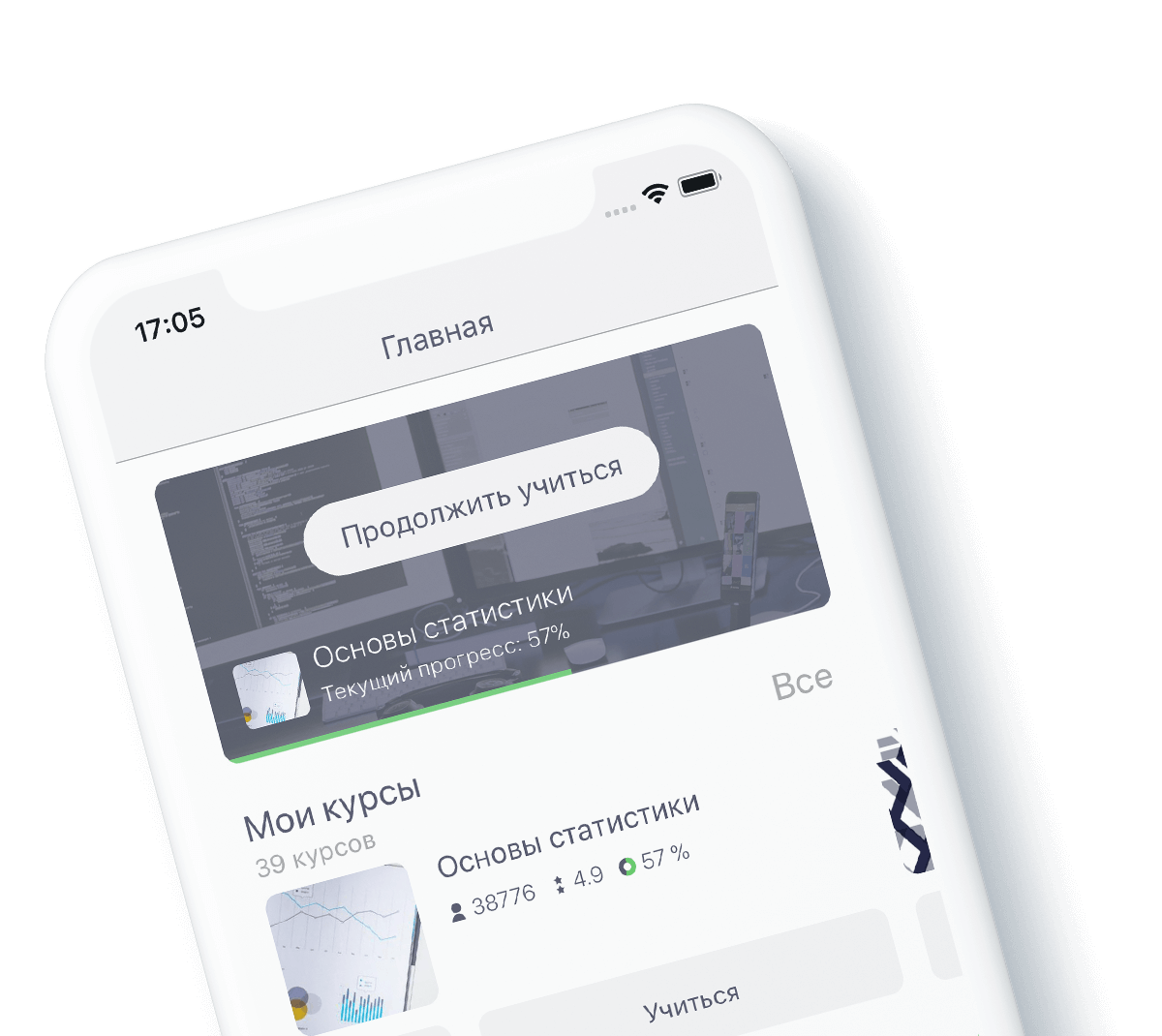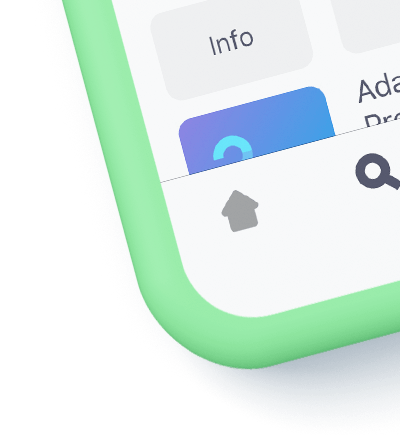О курсе
Are you planning to work in Russia? Do you consult Russian patients in your home country? Do you have business partners in Russia? Or, may be, you give consultations to Russian patients using telehealth technologies?
If you answered “Yes” to all of these questions, or at least some of them, our course is designed especially for you. Welcome to course “Medical Russian. Level A2”!
In our course, you will learn to communicate in Russian with your colleagues and patients. You will be able:
- to ask about the passport details of a patient, his or her age, marital status, profession, place of work and position;
- to ask about the symptoms of different diseases;
- to consult your patients on taking medicine, dosage forms, the methods of administration.
You will also learn medical terms and grammar, as well as norms and formulas of medical etiquette.
We always do our best to make the learning process fun. We invite you to take part in language games, solve interesting puzzles and watch the video fragments that show the real communication between a doctor and the patient and many, many other exciting activities.
You don’t need any previous subject-matter experience. We will guide you through all the necessary steps.
We hope you will join us in this new and rewarding learning experience.
So, welcome and let’s get started!
Module 1. Intoduction, presentation. In this module, students will review the course "Medical Russian. Level A2", learn how to get to know Russian colleagues, to introduce themselves correctly, to tell briefly about themselves and to learn about their new colleagues in Russian. The students will also learn main norms and formulas of medical etiquette: how to say hello and say goodbye to a patient politely. They will also acquire and develop skills of reading, listening medical texts connected with the theme of this module.
Module 2. About our clinic in Russian. In this module students will learn how to give a presentation of the hospital or clinic, where they work, describe its structure; to talk about medical specialties and their profession and medical specialty; how to inform about their place of work and position in a hospital or clinic. The students will also learn main norms and formulas of medical etiquette: how to address to the person, how to attract his or her attention. They will also acquire and develop skills of reading, listening medical texts connected with the theme of this module.
Module 3: Аnamnesis vitae: passport data of a patient. In this module students will learn how to interview a patient with the purpose of getting information about their passport details, age, place of work, marital status, etc., and how to report this information to the colleagues. The students will also learn main norms and formulas of medical etiquette: how to find out about the patient's well-being. They will also acquire and develop skills of reading, listening medical texts connected with the theme of this module.
Module 4. What are you complaints? In this module students will learn how to to talk with the patients about the symptoms of their diseases, find out and clarify details about their condition. The students will also learn main norms and formulas of medical etiquette: how to express opinion, attitude, assessment. They will also acquire and develop skills of reading, listening medical texts connected with the theme of this module.
Module 5. Where have you got pain? In this module students will learn how to interview a patient with the purpose to clarify information about the localization of pain; the nature of the pain; about the irradiation of pain; about the recurrence of pain attacks, and how to report this information to the colleagues. The students will also learn main norms and formulas of medical etiquette: how to express confidence, uncertainty, doubt. They will also acquire and develop skills of reading, listening medical texts connected with the theme of this module.
Module 6. Treatment manipulations. In this module students will learn how to describe the patient’s hospital room, how to comment on the procedures of measuring temperature, blood pressure of a patient or making different types of injections. The students will also learn main norms and formulas of medical etiquette: how to give instructions to a patient politely, how to express a request. They will also acquire and develop skills of reading, listening medical texts connected with the theme of this module.
Module 7. Medications and doctor’s comments. In this module students will learn how to comment on dosage forms; describe the effect of a certain drug; explain method of its administration and dosage regimen. The students will also learn main norms and formulas of medical etiquette: how to give an advice, a recommendation to a patient. They will also acquire and develop skills of reading, listening medical texts connected with the theme of this module.
Авторы курса:
Куриленко Виктория Борисовна – доктор педагогических наук, профессор, зав.кафедрой русского языка №5 Института русского языка Российского университета дружбы народов,
Бирюкова Юлия Николаевна – кандидат педагогических наук, доцент кафедры русского языка №5 Института русского языка Российского университета дружбы народов,
Козловская Екатерина Станиславовна - кандидат педагогических наук, доцент кафедры русского языка №5 Института русского языка Российского университета дружбы народов,
Марьянович Далиборка - старший преподаватель кафедры русского языка №5 Института русского языка Российского университета дружбы народов,
Соколова Надежда Васильевна - старший преподаватель кафедры русского языка №5 Института русского языка Российского университета дружбы народов.
Для кого этот курс
Начальные требования
Level of Russian language proficiency: A1


